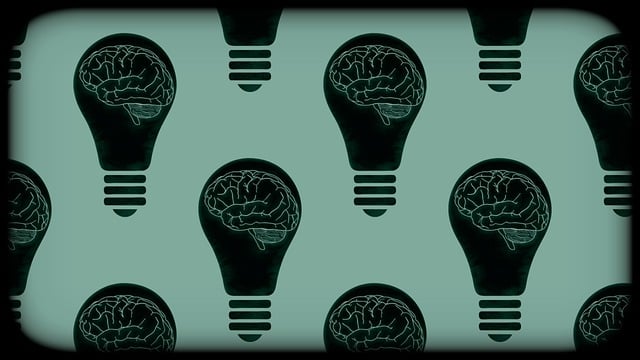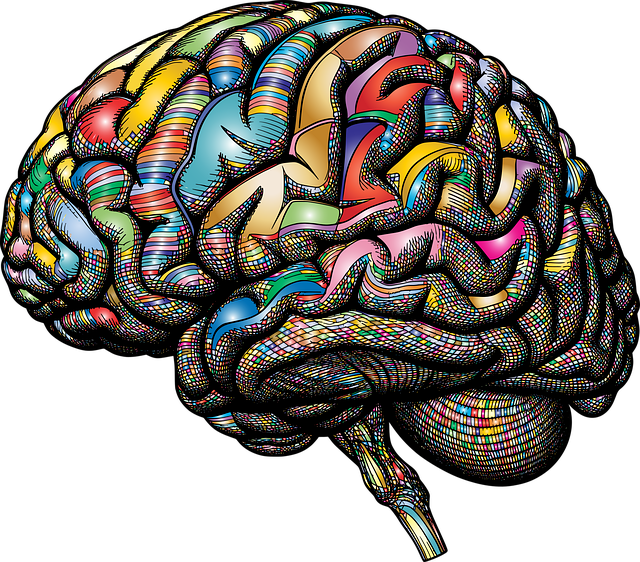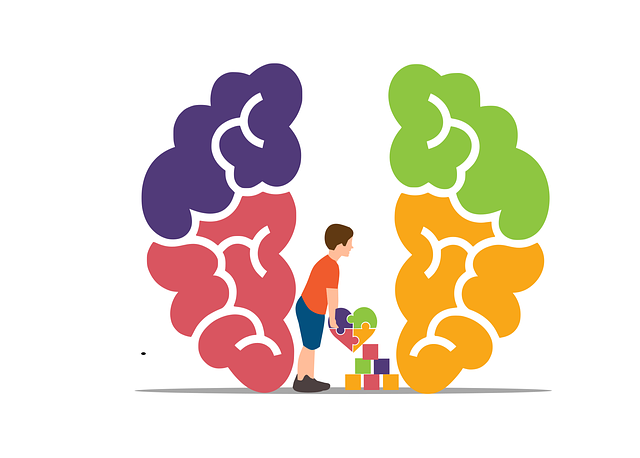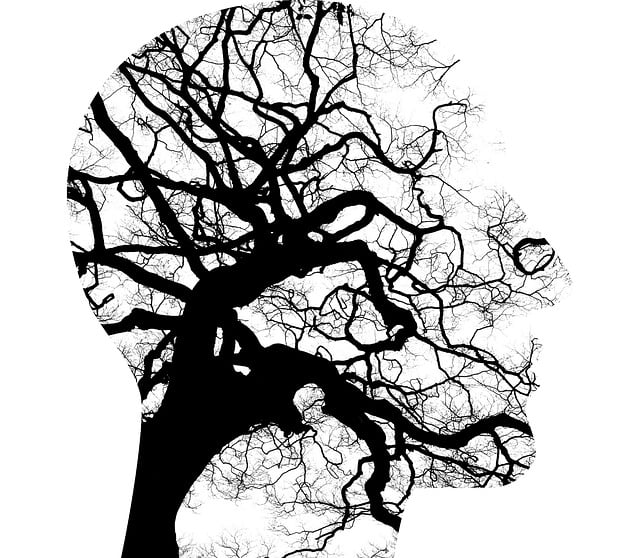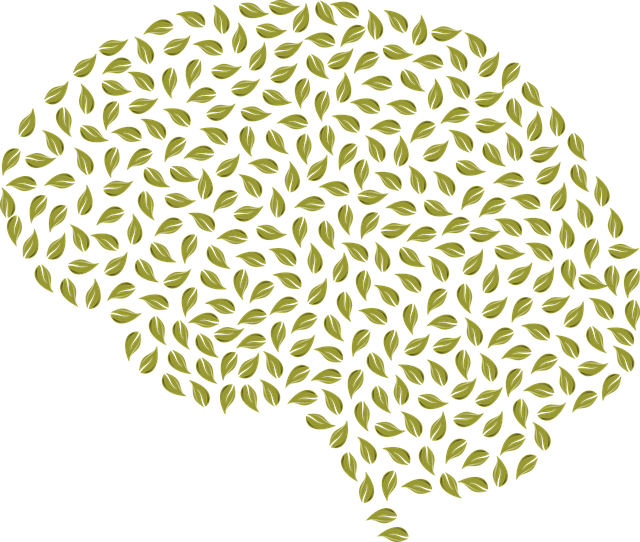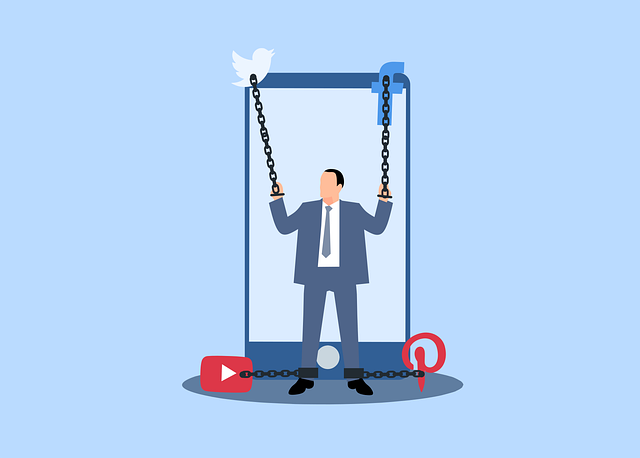The pervasive stigma surrounding mental illness hinders individuals from seeking necessary support like Lone Tree Grief Counseling Therapy. This societal issue manifests in negative attitudes and stereotypes, leading to isolation and discrimination. Reducing stigma involves a multi-pronged strategy including integrating counseling therapy into primary care, providing coping skills development and crisis intervention guidance, and community education through programs like journaling exercises, awareness campaigns, and podcasts featuring real-life stories. Media representation and social influencers also play a crucial role by showcasing diverse recovery narratives, demystifying mental health issues, and encouraging empathy. These collective efforts create a supportive environment, fostering accessible and accepting communities for those seeking mental health support.
Mental illness stigma remains a significant barrier to seeking treatment, with profound effects on individuals and communities. This article explores targeted efforts to reduce this social poison. We delve into the root causes of mental health stigma and its devastating impact, offering practical strategies for healthcare providers, community educators, and media influencers. By shedding light on these approaches, we aim to equip readers with tools from Lone Tree Grief Counseling Therapy to foster understanding, compassion, and support for those navigating mental illness.
- Understanding Mental Illness Stigma and Its Impact
- Strategies for Reducing Stigma in Healthcare Settings
- Community Education and Advocacy: Empowering Change
- The Role of Media and Social Influence in Stigma Reduction
Understanding Mental Illness Stigma and Its Impact

Stigma surrounding mental illness is a pervasive issue that can have severe consequences for individuals seeking support and treatment. It often manifests as negative attitudes, beliefs, and stereotypes about people experiencing mental health challenges. This societal stigma can lead to isolation, discrimination, and a reluctance to seek professional help, creating a barrier to recovery and overall well-being. Many individuals struggling with their mental health feel ashamed or fear judgment, which may prevent them from accessing much-needed services, such as Lone Tree Grief Counseling Therapy, or engaging in Self-Awareness Exercises that could foster resilience.
Understanding the impact of stigma is crucial in developing strategies to reduce it. Mental Wellness Coaching Programs can play a significant role in this process by educating communities and fostering empathy. By providing Crisis Intervention Guidance and promoting open conversations about mental health, these programs aim to challenge existing perceptions and create supportive environments. Breaking down the barriers caused by stigma enables individuals to prioritize their mental wellness, seek appropriate treatment, and live fulfilling lives.
Strategies for Reducing Stigma in Healthcare Settings

Reducing stigma in healthcare settings is a multifaceted approach that can significantly impact how individuals with mental health conditions are perceived and treated. One effective strategy is to integrate Lone Tree Grief Counseling Therapy into primary care practices. By normalizing conversations about mental health, healthcare providers can foster an environment of understanding and support, easing the burden of seeking help for many patients. This approach encourages open dialogue, improves patient-provider relationships, and empowers individuals to openly discuss their experiences without fear of judgment.
Additionally, Coping Skills Development and Crisis Intervention Guidance play vital roles in stigma reduction. Training healthcare professionals in evidence-based coping strategies allows them to equip patients with tools to manage stress and navigate crises more effectively. Equipping individuals with these skills empowers them to take control of their mental well-being, fostering a sense of autonomy and reducing the reliance on internalizing negative societal perceptions. This holistic approach ensures that patients receive not just medical treatment but also the Stress Management support necessary for long-term recovery and improved mental health outcomes.
Community Education and Advocacy: Empowering Change

Community education and advocacy play a pivotal role in reducing the stigma surrounding mental illness. By bringing awareness to diverse audiences, including schools, workplaces, and community centers, we foster understanding and empathy. Lone Tree Grief Counseling Therapy, for instance, has initiated programs that educate communities about the signs of common mental health issues and provide tools for supportive conversations. These efforts aim to dispel myths and showcase the reality of mental health struggles.
Through Mental Wellness Journaling Exercise Guidance and Mental Health Awareness campaigns, individuals can develop a deeper appreciation for personal resilience and the power of seeking help. Furthermore, Mental Wellness Podcast Series Production offers accessible platforms where real-life stories and expert insights contribute to an ongoing dialogue about mental wellness. This collective advocacy empowers individuals to support themselves and their peers, fostering a more inclusive and supportive society.
The Role of Media and Social Influence in Stigma Reduction

Media and social influence play a pivotal role in stigma reduction efforts surrounding mental illness. Responsible media representation can challenge stereotypes by showcasing diverse narratives—personal stories of recovery, resilience, and hope. Features on individuals who have overcome challenges through therapy, such as Lone Tree Grief Counseling Therapy, can help demystify mental health issues and reduce the stigma associated with seeking help. By presenting realistic portrayals, media can encourage empathy and understanding among the public, fostering a more supportive environment for those struggling with their mental well-being.
Social influencers also contribute significantly to these efforts. Many celebrities and online personalities have openly shared their mental health journeys, promoting conversations around self-care practices and confidence-boosting strategies. This openness encourages others to speak up about their experiences, reducing the shame often linked to mental illness. Initiatives that combine media representation and social influence can create a powerful synergy, driving broader societal changes in how we perceive and support individuals dealing with mental health challenges, ultimately leading to more accessible and accepting communities for everyone seeking Lone Tree Grief Counseling Therapy or other forms of mental health support.
Mental illness stigma is a pervasive issue, but through concerted efforts in healthcare settings, community education, and media representation, progress can be made. By implementing strategies like training mental health professionals to be more empathetic and inclusive, engaging in open conversations about mental health, and utilizing the power of social influence, we can foster an environment that supports those dealing with mental illness. Organizations like Lone Tree Grief Counseling Therapy play a vital role in this journey by providing specialized care and advocating for stigma reduction. Together, we can create a more understanding and accepting society, ensuring that anyone struggling with their mental health receives the help they need without fear of judgment or discrimination.

